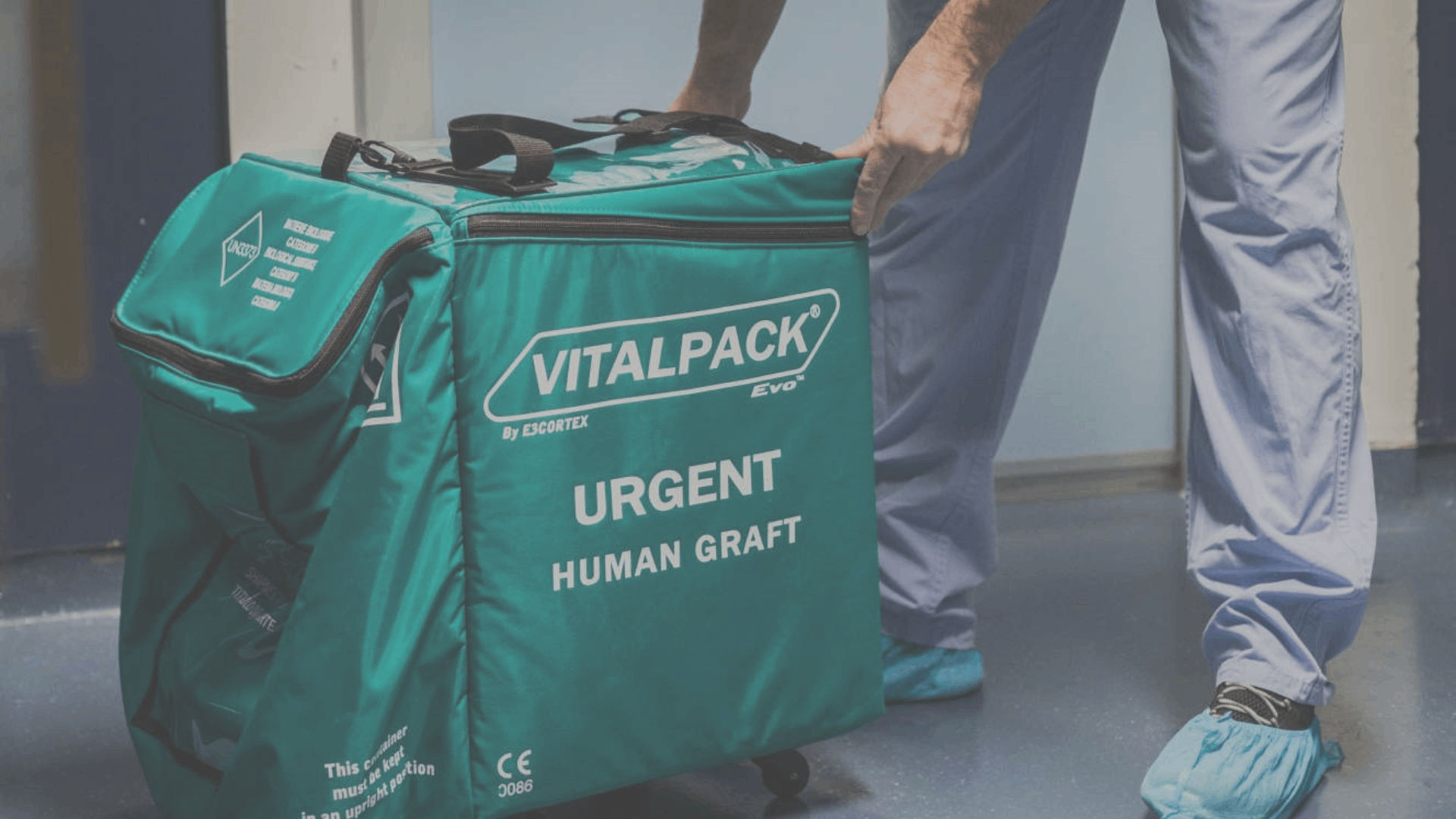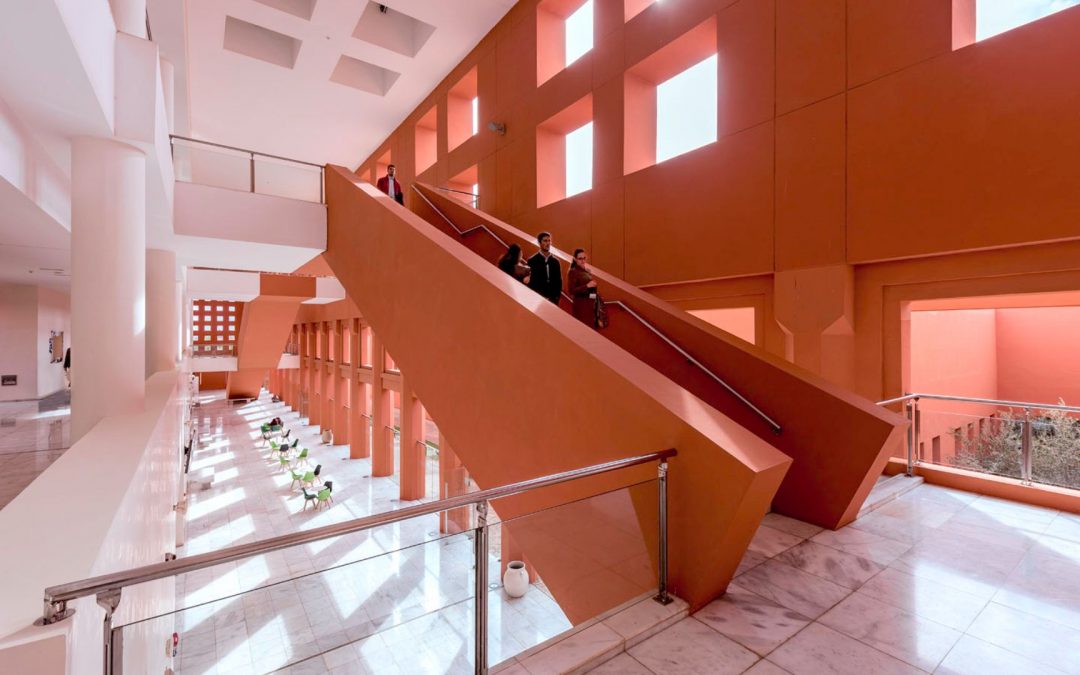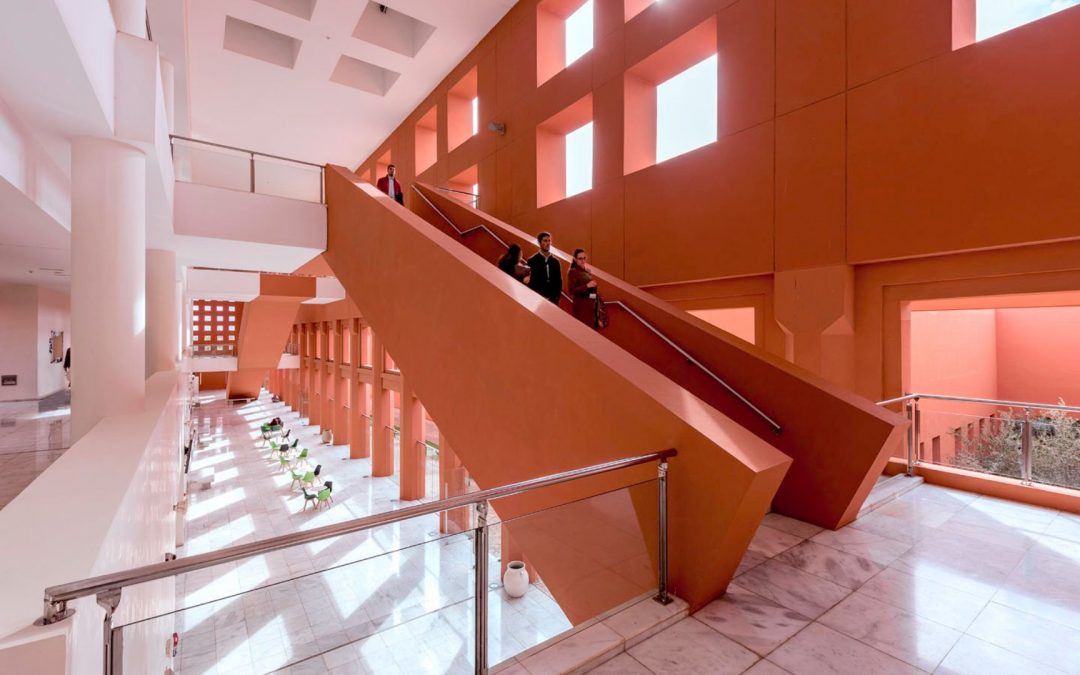Teams from the renal transplantation department at Necker-Enfants malades hospital, Inserm and Université Paris Cité, as part of the Paris Translational Research Center for Organ Transplantation (PARCC), coordinated by Dr. Olivier Aubert and Prof. Alexandre Loupy, conducted a study into the potential of liquid biopsy (cfDNA) as a technique for predicting renal transplant rejection. This involves detecting donor DNA in the blood of transplant patients, with the aim of non-invasively predicting rejection of the transplanted organ. The results of this study were published in Nature Medicine on June 2, 2024.

© Tous droits réservés
Allografts are the most commonly performed transplants, between two genetically different individuals of the same species. An allograft is when the patient (or recipient) is transplanted with cells from a healthy person. Allograft rejection is a significant public health issue, affecting the patient’s quality of life in many ways, even leading to death. Allograft rejection affects almost 20% of patients within a year.
The objective of this study is to demonstrate the usefulness of liquid biopsy for kidney transplant patients. This technique involves detecting donor DNA in the blood of transplant patients, with the aim of non-invasively predicting rejection of the transplanted organ.
The study included nearly 3,000 kidney transplant patients from 14 transplant centers in Europe and the United States, all aged around 55, with a majority of men (61%). cfDNA is integrated into a multimodal prediction algorithm¹. cfDNA² levels were found to be strongly associated with different types of graft rejection, including antibody-mediated rejection and T-cell-mediated cellular rejection.
With this method, researchers will be able to determine for each patient and non-invasively on a simple blood test, the probability of rejection of the transplanted organ. Furthermore, the analyses revealed that the addition of cfDNA to existing monitoring models not only improves detection of clinical rejection, but also of sub-clinical rejection (undetectable with currently available tools), enabling earlier and more effective therapeutic interventions.
Liquid biopsy, combining the usual graft monitoring parameters with cfDNA, avoids unnecessary and invasive biopsies, while detecting rejection earlier and with greater accuracy. This approach can also reduce healthcare costs while considerably simplifying the care pathway for transplant patients. This non-invasive method offers a new way of monitoring transplant patients. Today, the liquid biopsy approach is also being extended to heart, lung and liver transplant patients.
- A type of artificial intelligence in which multiple data sources and numerous intelligent processing algorithms are combined to solve complex problems and achieve greater accuracy.
- cfDNA levels indicate the intensity of inflammation and rejection of the transplanted organ.
Source
Cell-free DNA for the detection of kidney allograft rejection
Olivier Aubert, Cindy Ursule-Dufai, Romain Brousse, Juliette Gueguen, Maud Racapé, Marc Raynaud, Elisabet Van Loon, Angelica Pagliazzi, Edmund Huang, Stanley C Jordan, Kenneth D Chavin, Gaurav Gupta, Dhiren Kumar, Tarek Alhamad, Sanjiv Anand, Jorge Sanchez-Garcia, Basmah A Abdalla, Julien Hogan, Rouba Garro, Darshana M. Dadhania, Pranjal Jain, Didier A Mandelbrot, Maarten Naesens, Raja Dandamudi, Vikas R. Dharnidharka, Dany Anglicheau, Carmen Lefaucheur, Alexandre Loupy –
Read more

Call for projects 2025 UPCité – King’s College London
The call for projects between Université Paris Cité (UPCité) and our privileged partner King's College London (KCL), has been launched this friday, May 9th 2025. The objectives Université Paris Cité and King's College London are offering offering a seed funding for...
read more
UM6P and UPCité Offer Two Joint PhD Scholarships
Mohammed VI Polytechnic University (UM6P) and Université Paris Cité (UPCité) are strengthening their collaboration by offering two joint PhD scholarships for thesis projects affiliated with one of UPCité’s Graduate Schools. This call aims to reinforce...
read more
Radon Emissions on Mars and the Moon: The Contribution of Meteorites

Results of the first call for projects with Mohammed VI Polytechnic University
The first call for projects launched between Université Paris Cité and Université Mohammed VI Polytechnic in 2024 generated a great deal of interest. 24 proposals were submitted by pairs of researchers, one from UPCité and the other from UM6P, in all disciplines. A...
read more